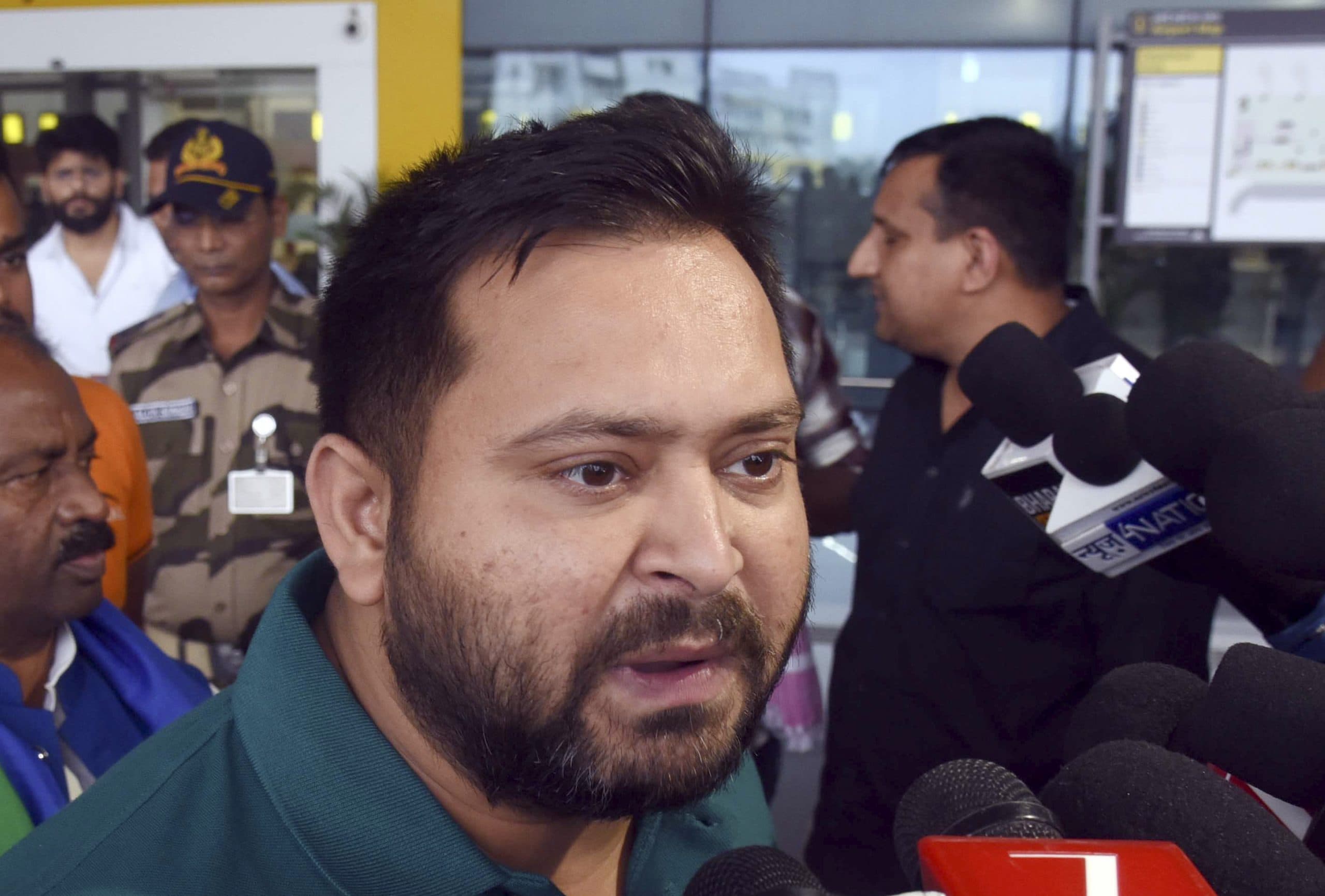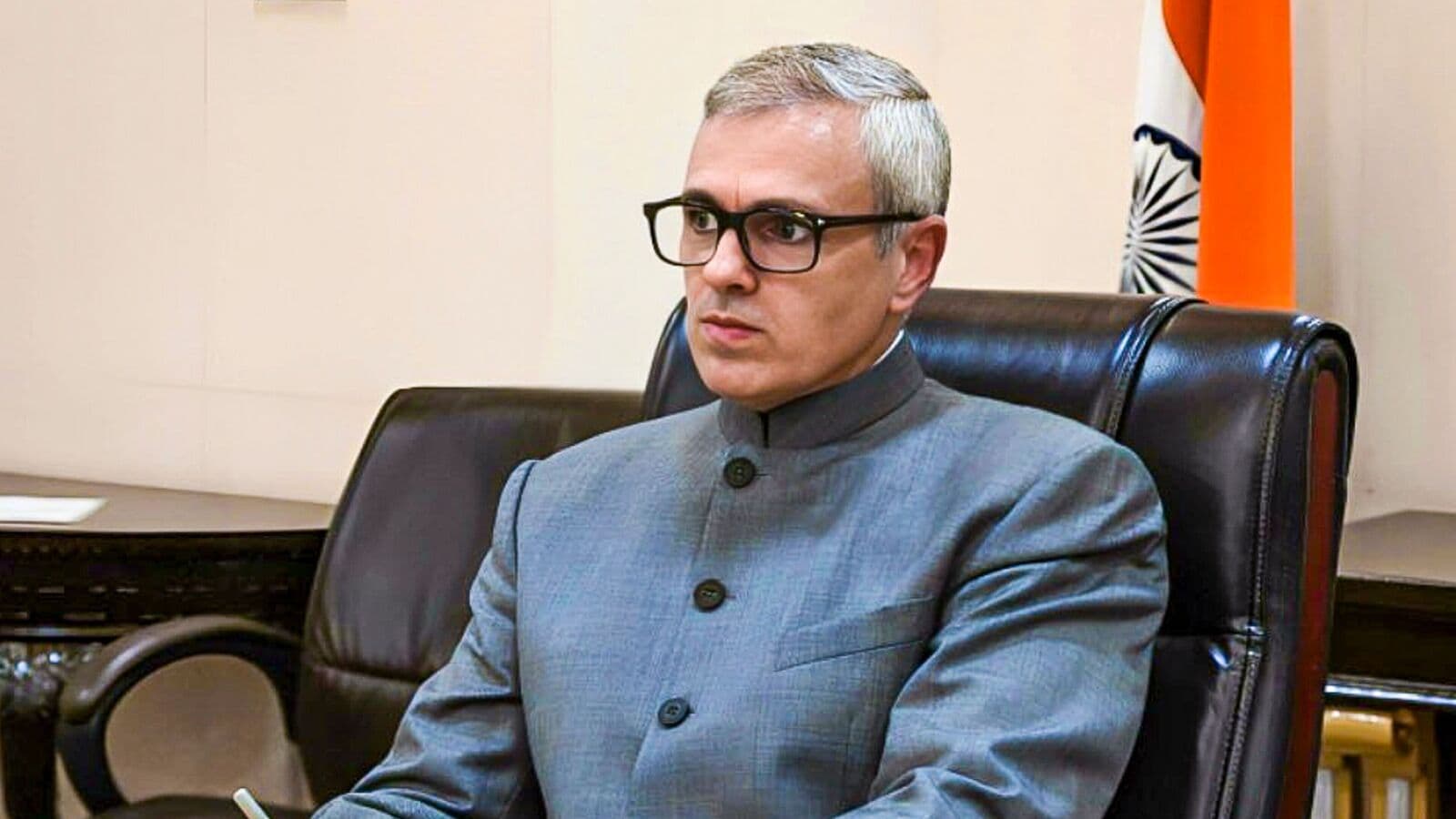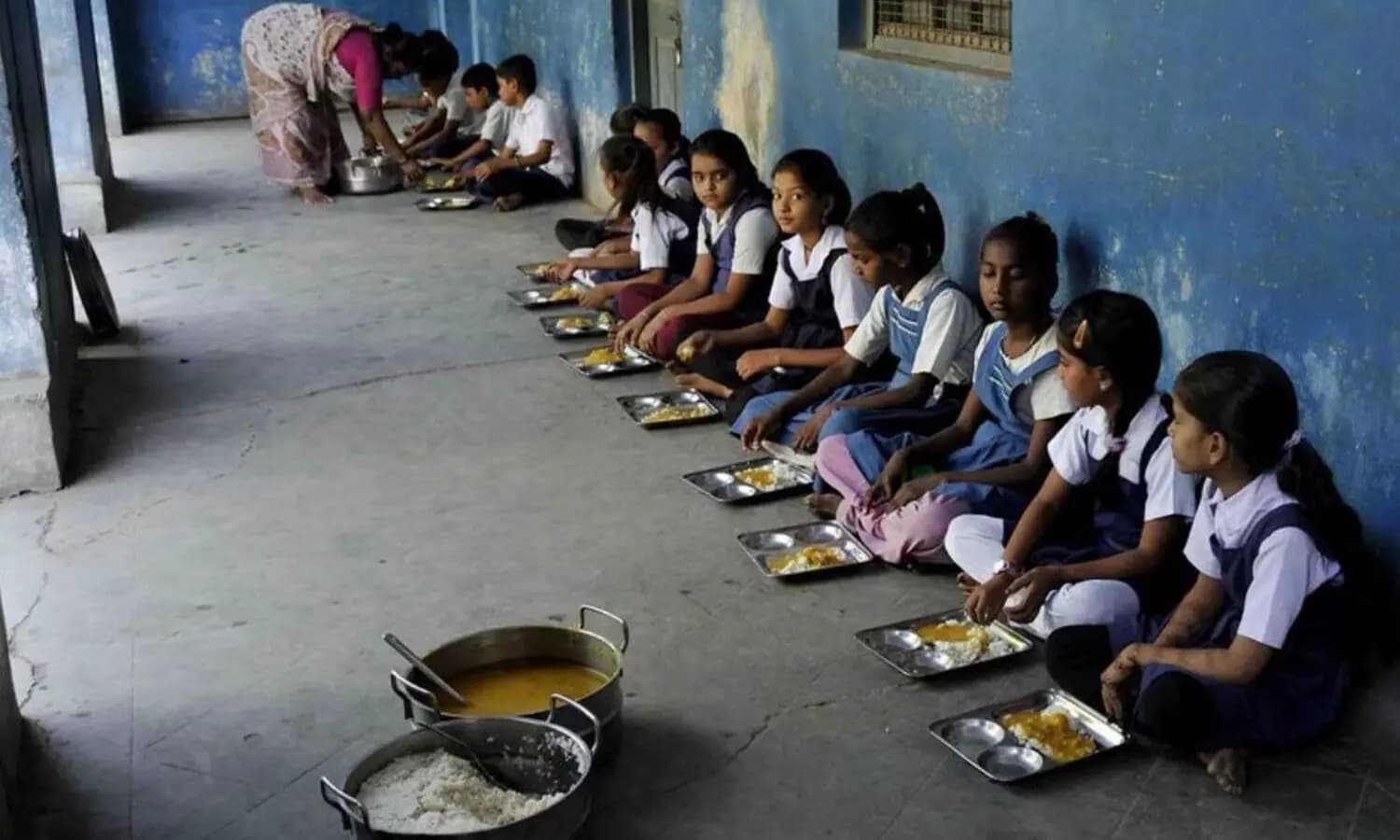While referring to the DNA testing, Social Security, Women and Child Development Minister Baljit Kaur noted that Punjab is the first state in the country to have taken such an initiative.
If a child is found begging with an adult, a DNA test will be conducted to verify their family ties. Until the results are made available, the child will stay in a child care institution under the supervision of child welfare committees, officials said.
Officials assured strict action if the DNA test confirms that the adult is not related to the child they are accompanying.
The directions were issued to all DCs by the Directorate of Social Security (Women and Child Development) under the project Jeewanjyot-2.
Kaur emphasised that the objective of conducting DNA testing was to ascertain whether those accompanying child beggars are their parents.
“If they are not, then from where do they bring children and make them beg?” she questioned.
With DNA testing, those who are involved in child trafficking will be caught, and strict action will be taken against them, she said.
The minister also stated that her department has been consistently taking steps to stop child begging in the state, adding that more than 300 children have been rescued so far.
Kaur appealed to the public not to give any money to child beggars and to report the matter to the 109 helpline number.
An official highlighted that the child welfare committees in districts will identify such cases where it appears that a child is being forced to beg alongside an adult at public places, and their relationship seems suspicious.
The cases will then be referred to the deputy commissioners, who will recommend conducting the test.
Last month, Kaur had issued directions to all DCs to declare their respective districts as ‘beggar-free’ and ensure regular monitoring in this regard.
She emphasised that the state government was firmly committed to the protection of children and was adopting a sensitive yet stringent approach to eliminate child begging.
Kaur further stated that amendments would be made to the Punjab Prevention of Beggary Act (1971), aimed at introducing stricter punishments and heavy penalties against racketeers, guardians, or parents found forcing children to beg at traffic lights and public intersections. PTI CHS MPL MPL




